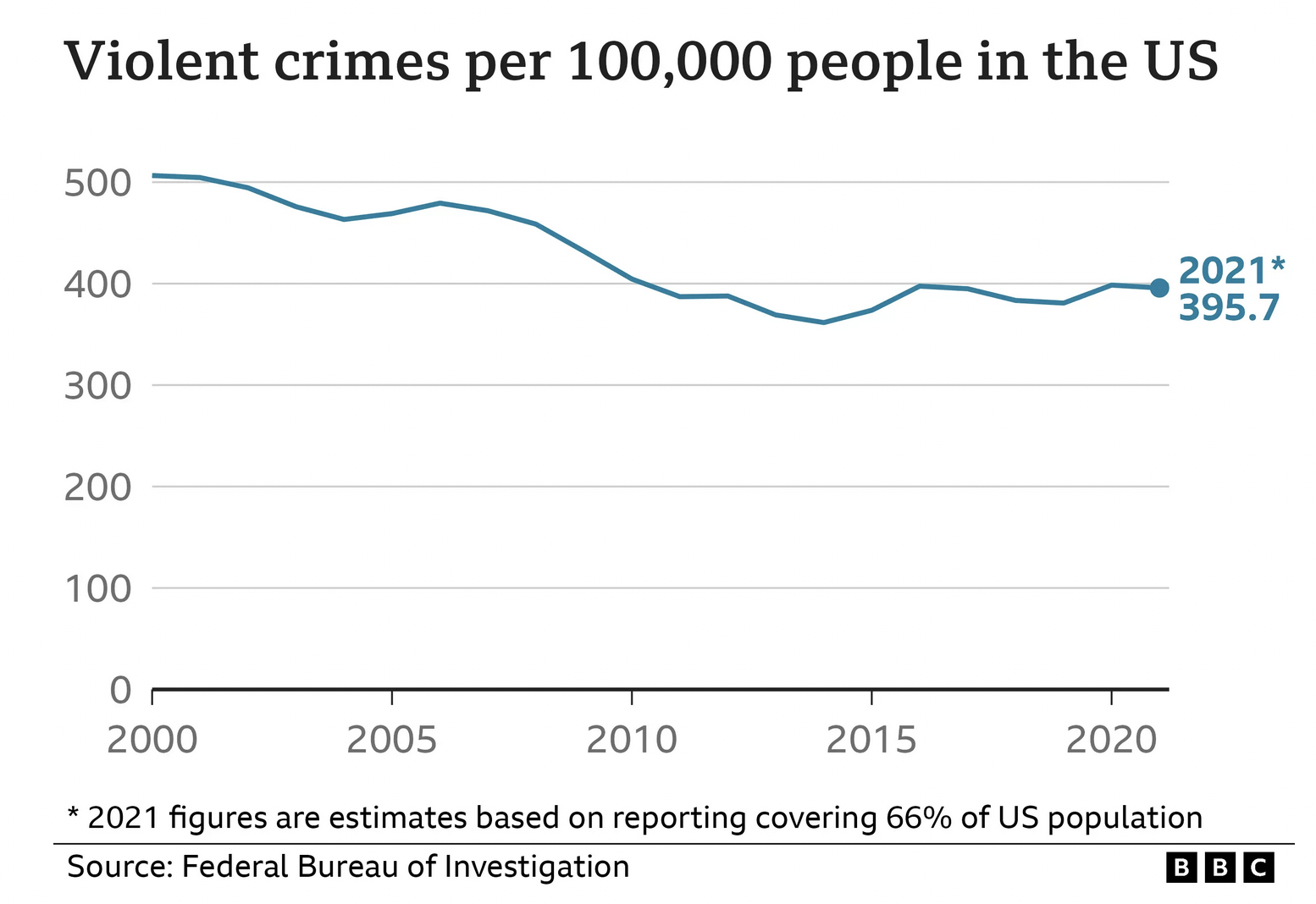A Public Mind is a Terrible Thing to Rewire: Propaganda, Politics and the Pelosi Attack
Months after a Canadian MP warned of “a major rewiring of the public mind” by politicized propaganda and conspiracy theories, the conspiracists aren’t getting any saner.
 Shutterstock
Shutterstock
Lisa Van Dusen
November 1st, 2022
In a piece for Policy magazine filed last June 18th headlined Being an MP in the Age of Conspiracy, Theoretical and Not, NDP MP Charlie Angus wrote about how the internet-fuelled spread of crazy conspiracy theories had changed his job, from dealing with the need for heightened security at public events to the amount of time he and his staff spend sifting through incoming nonsense.
“During the blockades, I was suddenly inundated with messages from retired teachers, young mothers and angry dads about how Klaus Schwab and the World Economic Forum (WEF) controlled the Trudeau government,” Angus wrote. “The speed with which this theory moved from the margins of Reddit chat forums to becoming an apparent obsession will all manner of ordinary Canadians was staggering. And then it was being validated in Parliament.”
He cited an Abacus poll published the previous week showing that 44 percent of Canadians “now believe that a secret group of elites is controlling elections, recessions and wars.”
“The Abacus poll suggests a major rewiring of the public mind is underway,” Angus warned.
Angus is an MP who has served the Northern Ontario riding of Timmins-James Bay since 2004 and is known for not just the complimentary tag of “good constituency work” but for authentically connecting with all people — voters and otherwise — across party lines. His piece was among the most widely read, socially shared articles in the magazine’s 10-year history.
In a headline that could only happen in 2022, Rolling Stone captured the insanity of this peak conspiracist logrolling moment with, ‘Conspiracy Theories About Pelosi Attacker Debunked by Pelosi Attacker’; posted, appropriately, on Halloween.
As America processes the horrifying attack Friday morning that put 82-year-old Paul Pelosi, businessman and husband of House Speaker Nancy Pelosi, in the hospital with a skull fracture and other hammer wounds, the media focus is once again on the disturbing role of both conspiracy theories and violence in our recent political story.
Per CNN, the attacker, David Wayne DePape, 42, “Posted memes and conspiracy theories on Facebook about COVID vaccines, the 2020 election and the January 6, 2021, attack on the Capitol.” An acquaintance told CNN that he seemed “out of touch with reality.” He is also Canadian — a fact that has the rest of us up here mortified and comedians milking the deviation from national character cliché.
The trend of conspiracist-based political disruption and violence has been overwhelmingly concentrated among adherents of the far-right political-media-social media feedback loop, with absolute BS-filled propaganda nurturing false beliefs that are sometimes genuinely embraced and sometimes wholly misrepresented for tactical purposes. Either way, those false beliefs feed bogus conspiracy theories that, evidently, provoke some paranoid people to outrageous acts of violence.
In a headline that could only happen in 2022, Rolling Stone captured the insanity of this peak conspiracist logrolling moment with, Conspiracy Theories About Pelosi Attacker Debunked by Pelosi Attacker; posted, appropriately, on Halloween and made no less absurd by the restraint shown in not using the more accurate Conspiracy Theories About Pelosi Attacker Debunked by Conspiracy Theorist Pelosi Attacker.

In a century when the combined deterrent effect of CCTV technology and DNA evidence has contributed to a downward trendline in violent crime in the United States (above), the rise of political violence stands out, from the January 6th attack on the US Capitol to the intended attack on Speaker Pelosi that put her husband in intensive care and all the incidents, verbal assaults and threats in-between, including against journalists and others whose jobs serve functioning democracy. If the people bucking the societal trend are suggestible cyberfringe dwellers whose estrangement from reality makes them especially vulnerable to commodified nonsense, then the party exploiting that vulnerability — the party whose president told more than 30,000 lies in office yet remains an improbably viable political player — bears responsibility for its role as not just a political beneficiary of this manufactured madness, but as an active sponsor.
In routine narrative warfare fashion, the GOP has adopted a misdirectional propaganda approach to this ahead of the November 8th midterms, labeling the Democrats under President Joe Biden the “party of crime”, a tactic presumably designed to obfuscate the fact that its likely 2024 nominee is the former president who was impeached twice, incited a deadly mob attack and failed coup on the US Capitol and is currently facing four major criminal investigations.
On Monday, in announcing the charges against DePape of attempted murder, residential burglary, assault with a deadly weapon, elder abuse, false imprisonment of an elder and threats to a public official and their family, San Francisco District Attorney Brooke Jenkins cited the larger political context.
“I think it really demonstrates that we have to calm things down, we have to decide that we are going to be more respectful as an American society, that it’s okay to disagree,” Jenkins told a news conference. “But it certainly is something that has unnerved us all.”
As Charlie Angus reported from the frontline of democracy months ago about the perils of a collectively suspended disbelief fed in part by his own parliamentary colleagues, manipulation via propaganda has become a deeply cynical tactical commodity. It should surprise no-one that the same players who’ve been weakening democracy in so many other ways see the rewiring of the public mind, to use Angus’s term, as fair game.
Policy Magazine Associate Editor Lisa Van Dusen was a senior writer at Maclean’s, Washington columnist for the Ottawa Citizen and Sun Media, international writer for Peter Jennings at ABC News and an editor at AP National in New York and UPI in Washington.
